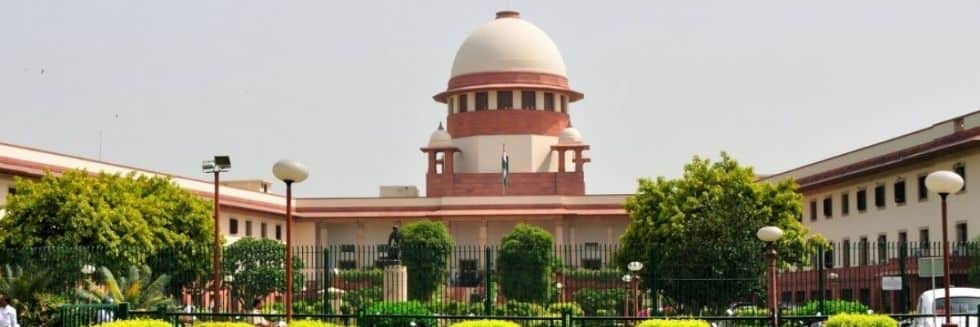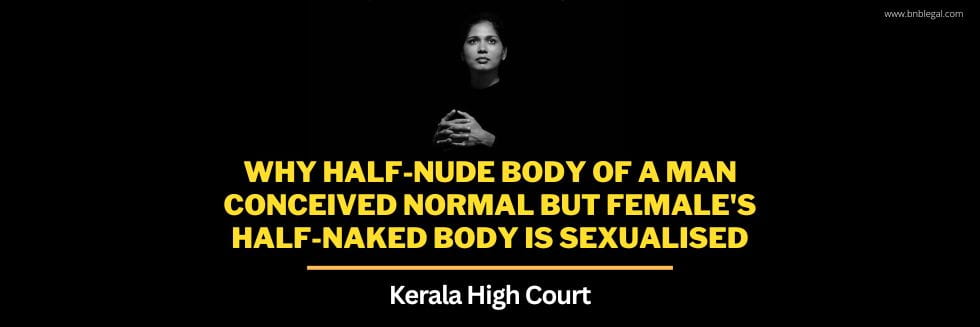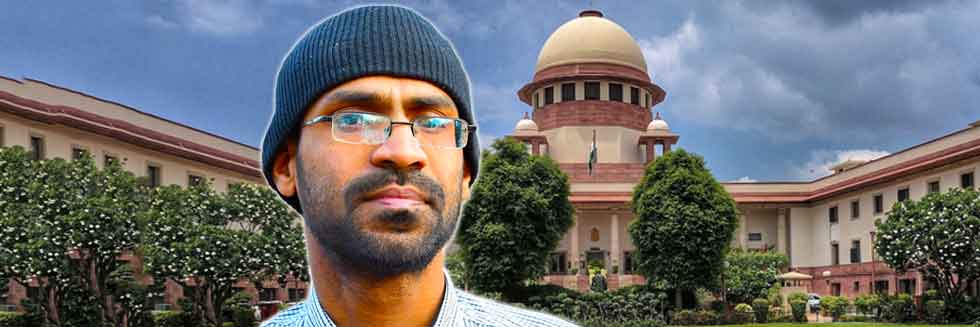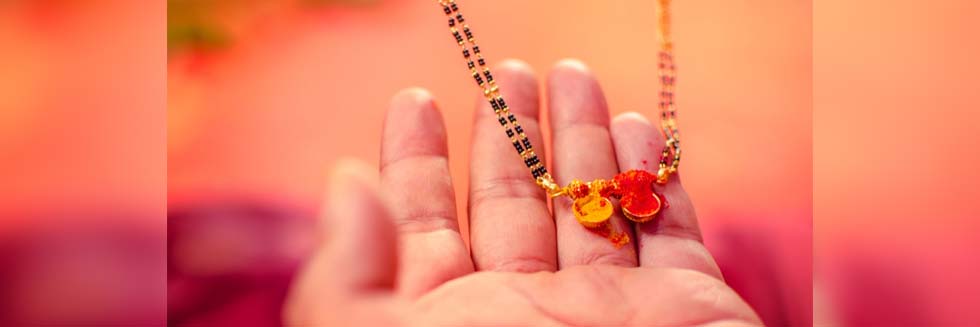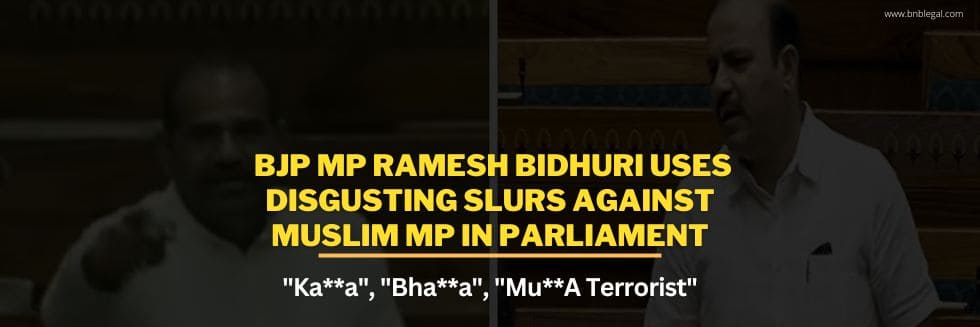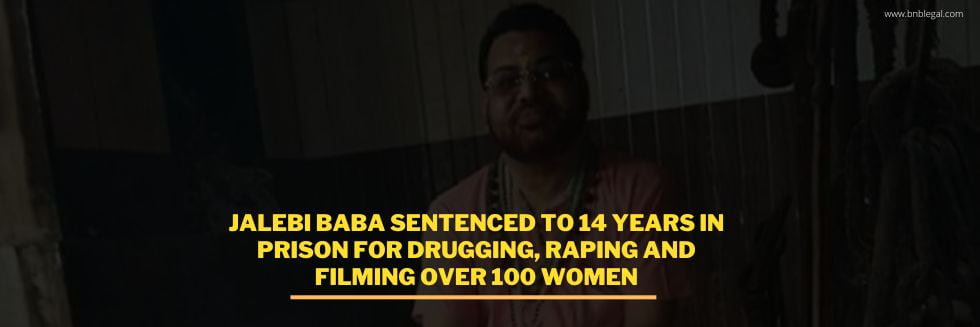On Wednesday, the top court has agreed to hear a plea filed by the National Commission for Women (NCW) challenging the Bombay High Court verdict which held that groping a minor without ‘skin to skin contact’ cannot be termed as sexual assault as defined under the Protection of Children from Sexual Offences (POCSO) Act.
The bench comprising of Chief Justice of India SA Bobde, Justices A.S. Bopanna, and V. Ramasubramanian issued notice to the Maharashtra government seeking its response on the NCW’s plea. Further, the bench also issued notice to the accused in the case on a separate plea filed by Maharashtra against the high court verdict.
However, the Court said that it was not entertaining the petitions filed by organizations such as Bharatiya Stree Sakthi and Youth Bar Association as the State has already challenged the judgment. The bench observed that such NGOs have no locus standi in a criminal matter.
Nevertheless, the bench has granted liberty to the organizations to approach the Attorney General for India, who has already filed a petition against the judgment. The AG agreed to hear such organizations.
Senior Advocate Geeta Luthra, appearing for the NCW, submitted that it has a statutory duty under the National Commission for Women Act to intervene in the matter. Luthra referred to sub-sections (d) and (e) of Section 10(1) of the NCW Act to submit that the statutory body has the obligation to take up with authorities’ cases of violations of law related to the protection of women and review inadequacies and deficiencies of law. The senior counsel added that the High Court judgment was a dangerous precedent.
Earlier on 27th January, the top court had reportedly stayed the said verdict of the High Court after the Attorney General KK Venugopal mentioned the matter before it while citing that the judgment was ‘unprecedented’ and was likely to set a ‘dangerous precedent’.
High Court Order
The NCW has said that the High court in its order has adopted a ‘narrow interpretation’ which sets a dangerous precedent that would have a ‘cascading effect on the safety of women and children’.
In its verdict, the high court had modified the order of a sessions court, which had sentenced a 39-year-old man to three years of imprisonment for sexually assaulting a 12-year-old girl. It had said that since the man groped the child without removing her clothes, the offense cannot be termed as sexual assault but it does constitute the offense of outraging a woman’s modesty under section 354 of the Indian Penal Code.
As per the prosecution and the minor victim’s testimony in the court, in December 2016, the accused had taken the girl to his house in Nagpur on the pretext of giving her something to eat. He then gripped her breast and attempted to remove her clothes; the high court had recorded in the verdict.
However, since the accused groped her without removing her clothes, the offense cannot be termed as sexual assault and, instead, constitutes the offense of outraging a woman’s modesty under IPC section 354, the high court had held.
While IPC section 354 entails minimum imprisonment for one-year, sexual assault under the POCSO Act entails minimum imprisonment of three years.
The sessions court had sentenced the man to three years of imprisonment for the offenses under the POCSO Act as also under section 354 of the IPC. The sentences were to run concurrently. The high court, however, acquitted him under the POCSO Act while upholding his conviction under IPC section 354.
“The act of pressing of the breast of a child aged 12 years, in the absence of any specific detail as to whether the top was removed or whether he inserted his hand inside the top and pressed her breast, would not fall in the definition of sexual assault,” it had said.
